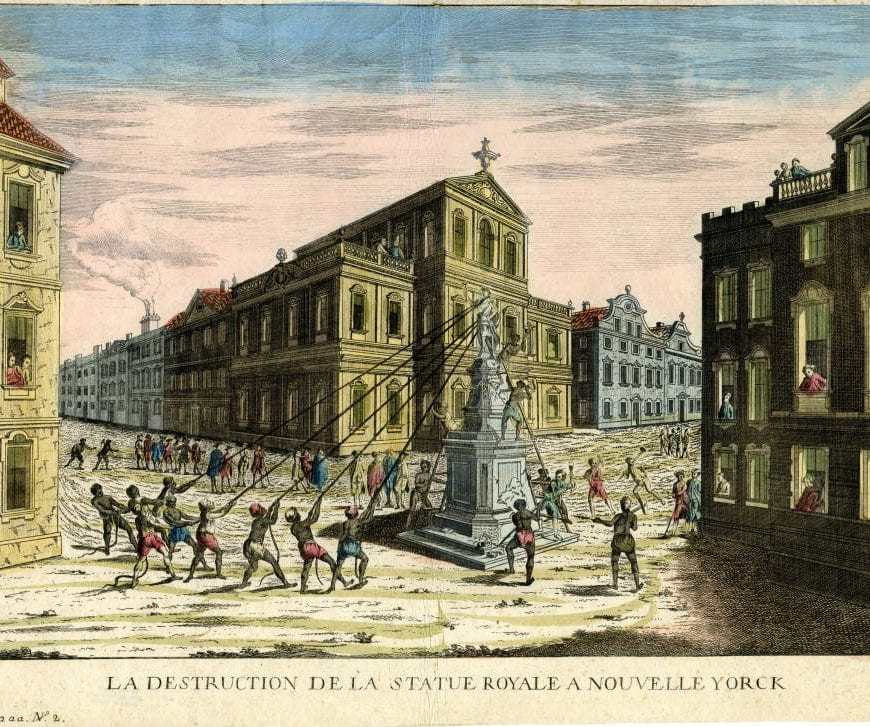
Interview with Zachary M. Bennett, 2023 Murrin Prize Winner
Zachary M. Bennett’s article, “‘Canoes of Great Swiftness’: Rivercraft and War in the Northeast” EAS 21, No. 2 (Spring 2023), won the 2023 Murrin Prize. The Murrin Prize is named for John Murrin (1936-2020), Professor Emeritus of History at Princeton University, who was a scholar of early American history and an active member of the McNeil Center community. The prize is awarded annually for the best article in EAS. The prize…









